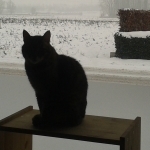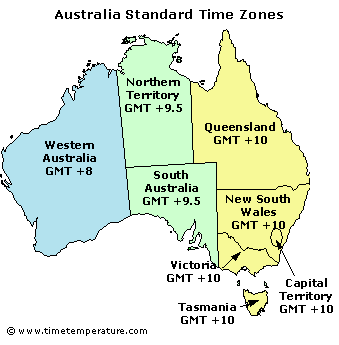A few thoughts...
blizzardboy wrote: 1. The S8 II auto gives me chronic aerophagia, much like the S8 auto did during my first trial. I presume this is because the machine is pumping me up to an inappropriate pressure during my central events as it treats all apneas the same i.e. with increased pressure. This is well backed up by the fact that the S9 gave me little aerophagia, probably no surprise given that it senses centrals and then doesn't ramp up pressure on detection.
That's one good explanation. However, aerophagia is also localized through the LES (lower esophageal sphincter). An LES gastric breech might be passive or active as a matter of vagus nerve response. And speaking of a vagal nerve response, there's a possible three-way tie-in with your bradycardia and central apneas as well:
http://linkinghub.elsevier.com/retrieve ... 7699701289
Above study wrote:Objective: To determine the cause of isolated bradycardia during home cardiorespiratory monitoring. Setting: A tertiary care hospital. Study design: A retrospective review of the charts of 8 patients with severe isolated bradycardia on their home monitoring reports. All subjects underwent polysomnography including a pH probe. Results: Monitor reports showed a characteristic pattern of long (30 to 60 seconds) periods of bradycardia, sometimes with asystole, associated with irregular respiratory efforts. All patients had severe gastroesophageal reflux, with a pH <4 for 63% ± 22% (mean ± SD) of recording time. No patient had other abnormalities to explain the bradycardia. Bradycardia resolved after successful treatment of reflux. Conclusion: A pattern of isolated bradycardia associated with irregular respiratory efforts on home monitoring is highly suggestive of gastroesophageal reflux and should prompt further evaluation and treatment.
...Bradycardia may be associated with central apnea (a presumed vagal response), (J Pediatr 1999;135:321-6)
4. During a camping trip with my family my central index went way down. My sleep was fairly broken due to kids having gastro, being kicked by kids, relatively uncomfortable rest, etc. So my centrals probably only occur when I reach the deeper stages of sleep.
Another possibility is that psychological stressors are not the same while camping versus back at work. Anecdotally, even slight psychological stress can make AI increase according to some patients.
6. The sleep shop said that I was the most compliant person they had seen. I slept for 13 hours on my first night on the Adapt SV and have been averaging 9.5 hrs/night usage ever since.
It's usually the opposite experience for the hypocapnic CompSA/CSDB phenotype first reported by Gilmartin et al. That easy compliance and possible hypoventilation gets us back to wondering whether you're the hypercapnic variety instead.
7. I have developed acute joint pain recently. Quite odd really as each joint in my body seems to be taking its turn. The pain in any joint lasts for no more than two days, during which time it is excruciating to move, and then passes. I have had no joint repeat its pain. Neck. Sholders. Wrists. Knees. Groin. Ankles. Knuckles. Ankles. Fingers. Toes. Feet knuckles. Nearly all gone now. Possibly related to changes in my blood pH?
9. I want to get a full cardio check. I want to get a neurologist. Quite an interesting problem to solve.
10. I also suffer from hearing and touch sensitivity.
Well, let's put your hearing and touch sensitivity together with your also being a bright physicist. As it turns out sensory hypersensitivity is not at all uncommon the gifted, ADHD, Aspergers, HSP, and a few other populations. Since you have children, and there may be a genetic component, I would encourage you to research
Dabrowski's Five Overexcitabilities (more
here as well). Your anxiety trait seems to fit with Dabrowski's described phenotype as well.
Simply put, prolonged exposure to psychological stressors---whether largely personal makeup or environmental exposure---tends to result in more somatic disorders exactly as SleepingUgly mentioned earlier in the thread. Additionally, some scientists suspect there may by a prolonged-stress induced epigenetic factor regarding the expression of certain disease related genes. And anecdotally, boy have I noticed a lot of bright people like you on the message boards with central dysregulation and PLMD.
I can't wait till the my Adapt SV arrives!
If it works, it works! However, you have a big caveat to be on the lookout for IMO. That ASV will recent-average your flow targets using a 4-minute sliding window. The machine is designed for fast-cycling hypocapnic CompSA---not hypoventilation. So if you manage to hypoventilate for more than 3 or 4 minutes, guess what that narrow sliding window will recent-average and try to target?
Under those somewhat unusual circumstances the algorithm will recent-average and attempt to recreate/target your former subpar volumes. So if you keep turning in hypoventilatory results via the overnight data set, you'll know that it has to do with narrow 4-minute volume-targeting windows being overly narrow for the more persistent hypoventilatory type disorders. If volumes, SpO2, and sleep manage to remain good then excellent!















